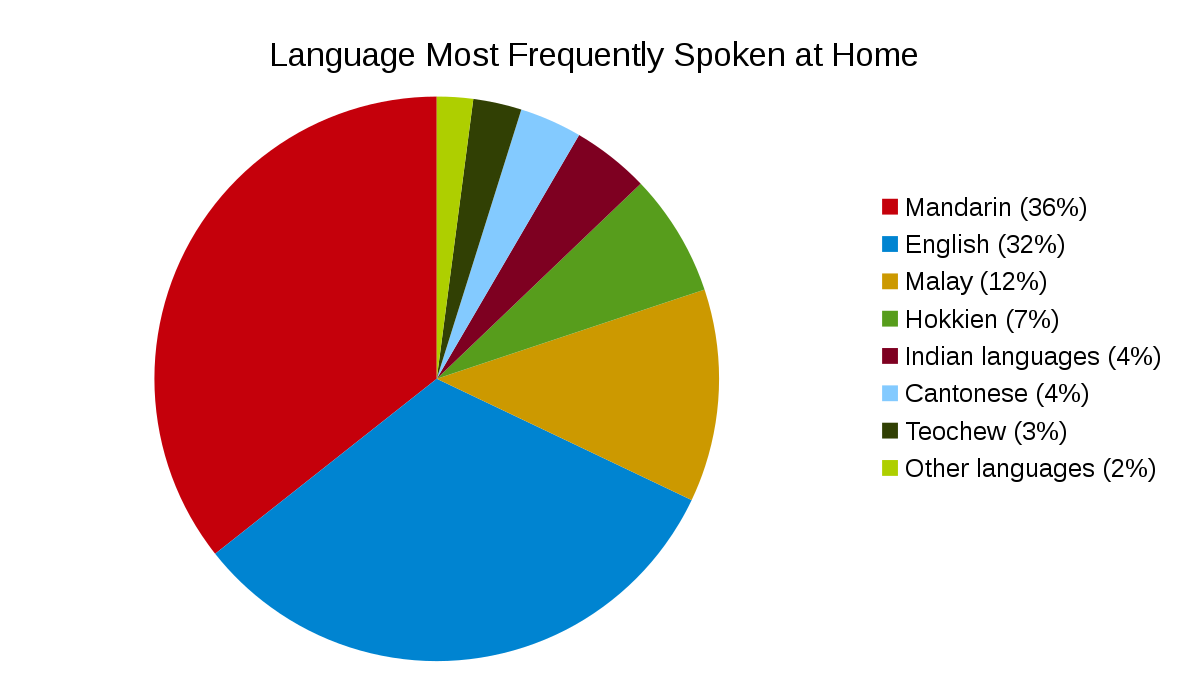Singapore, a Southeast Asian city-state, has become a global commerce, finance, and transportation hub. According to the World Bank, it has a highly developed and stable market economy and is ranked as the easiest place in the world to do business. In this article, we’ll explore the top six reasons why a company might consider conducting business in Singapore.
Pro-business Government Policies
The government of Singapore has a long history of promoting and supporting businesses within the country. It offers a range of incentives and support programs designed to encourage the growth and development of businesses, including grants, tax breaks, and access to financing. For example, the Productivity and Innovation Credit (PIC) Scheme provides tax deductions and/or cash payouts for businesses that invest in productivity-enhancing equipment and technology, training, and research and development. The government also offers a variety of grants and financing schemes to help businesses expand, such as the Enterprise Development Grant, which provides funding for entrepreneurs interested in incorporating a company in Singapore to upgrade their capabilities or venture into new markets.

Strong Intellectual Property Protection
Singapore has a strong legal system that protects intellectual property rights, including patents, trademarks, and copyrights. The Intellectual Property Office of Singapore (IPOS) is responsible for administering and enforcing these rights and works closely with businesses to help them protect and leverage their intellectual property assets. Singapore is also a member of international intellectual property treaties and conventions, such as the World Intellectual Property Organization (WIPO) and the Patent Cooperation Treaty (PCT), which provide additional protection for intellectual property owners.

Strategic Location
Singapore is a major transportation hub, with one of the busiest ports in the world and a highly developed air transport network. Its strategic location at the crossroads of Southeast Asia and the rest of the world makes it an ideal gateway for companies looking to expand into the region. Singapore’s Changi Airport is consistently ranked as one of the best airports in the world, with over 100 airlines serving more than 380 destinations. The country’s advanced port infrastructure, including modern terminals and container yards, enables the efficient handling of a wide range of cargo. In addition, Singapore’s central location within the Association of Southeast Asian Nations (ASEAN) region is well-positioned to serve as a distribution center for companies looking to access Southeast Asian markets.

Highly Educated Workforce
Singapore has a highly skilled and educated workforce, with a literacy rate of over 95%. The country’s education system is renowned for its emphasis on science, technology, engineering, and math (STEM) subjects, and many Singaporeans go on to pursue higher education at top universities around the world. This makes Singapore attractive for companies looking to hire top talent, particularly in STEM fields. In addition, the government’s Workforce Singapore agency offers a range of programs and services to help businesses recruit and train local workers, including the Adapt and Grow initiative, which provides training subsidies for Singaporean employees.

Multilingual Society
English is widely spoken in Singapore, making it easy for foreign companies to communicate and do business there. In addition, many Singaporeans are also proficient in other languages, such as Mandarin, Malay, and Tamil, which can be helpful for companies looking to expand into multilingual markets. The government’s Speak Mandarin Campaign, launched in 1979, has helped to promote the use of Mandarin as a second language among Singaporeans, and the country’s bilingual education policy requires students to study both English and a second language (usually Mandarin, Malay, or Tamil) in school.

Stable Political and Economic Environment
Singapore has a stable and transparent political system, with regular elections and press freedom. It is consistently ranked as one of the least corrupt countries in the world by Transparency International and has a well-developed legal system that protects the rights of businesses and individuals. The country also has a stable and well-developed economy with low levels of inflation and unemployment. The government’s Economic Development Board (EDB) works to attract and support businesses in Singapore.

Conclusion
In summary, Singapore offers a range of benefits for companies looking to conduct business there. Its pro-business government policies, strong intellectual property protection, strategic location, highly educated workforce, multilingual society, and stable political and economic environment make it an attractive location for businesses of all sizes.


